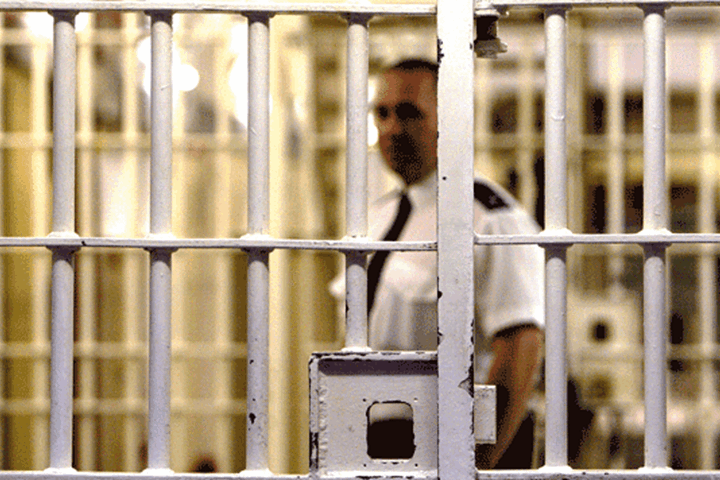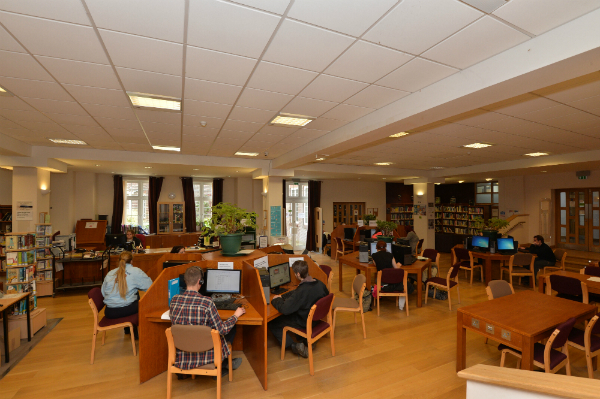A quiet transformation in prison education is underway
There has been a remarkable improvement journey in offender learning, writes the Education and Training Foundation's Teresa Carroll - but there's more work to be done.
Prison officers struggling to keep control, prisoners intoxicated by a variety of legal highs and incidences of suicide and self-harm on the increase. While all this may sound familiar from news reports, there is another story that should be told, particularly in this challenging context.
Ofsted’s recently published annual report stated that of the 114 prisons and young offender institutions they had inspected by the end of August 2017, 56% were judged to be "good" or "outstanding" for the overall effectiveness of learning, skills and work activities, up from 40% the year before. Is this an outlier? When you consider the data over the last three years, this seems unlikely.
When we at the Education and Training Foundation (ETF) began working with those responsible for delivering learning in prison, they described themselves as “the Cinderella of the education system”. It became apparent that this was a workforce full of ideas, tenacity and a desire to make the system work and serve those who are in their care – they just needed support to make this happen.
'New and unfamiliar'
Vocational instructors were being asked to embed maths and English in their delivery – something that was new and unfamiliar to them. And prison staff rarely had the opportunity to talk and learn from colleagues working in other prisons. The Offender Learning and Skills Service contract (Olass 4) was also bedding down but was hamstrung by a system that incentivised qualifications to draw down funding, leading to a situation where learners were on a roundabout of qualifications which often didn’t lead anywhere.
In partnership, we developed an approach that took into account the prison workforce by bringing together what they said worked and by providing support that meets the needs of their day jobs. To help, for example, with the fact that many learning and skills managers had been moved from other parts of the prison, and – while capable – had little knowledge of managing education. Olass 4 was also bedding down and support was needed to make this work. Circulating best practice was also important.
This quiet transformation in prison learning gained further impetus in 2016 through Dame Sally Coates’ Review of Prison Education where she advocated that learning should be at the heart of the regime.
Where next?
So where do we go from here? Well, the Ministry of Justice is focusing on a significant recruitment campaign for prison officers to ensure prisons are adequately staffed – something that is essential to ensure a safe and calm regime. It will also ensure that there are enough prison officers to escort prisoners from the wings to places of learning, something that is a real issue at present.
And from August, Olass 4 will come to an end and prison governors will have responsibility for commissioning their own learning offer. This provides formidable challenges and opportunities. While some prison governors will be delighted to build on their vision for learning, for others, this will be a whole new way of working. Help is at hand.
The response includes the Prisoner Learning Alliance’s workbook, which provides a framework to support governors to plan and commission learning. As well as contributing to the workbook, we are working with Her Majesty’s Prison and Probation Service to develop a governor-led learning module on planning high quality learning to support governors to consolidate their vision for learning in their prison.
So onwards and upwards. Let’s build on this remarkable improvement journey. Despite what you read or see on the news and all the challenges, the prison learning workforce is changing people’s lives. This is an exciting time for prison teaching.
Teresa Carroll is head of wellbeing and social inclusion at the Education and Training Foundation







